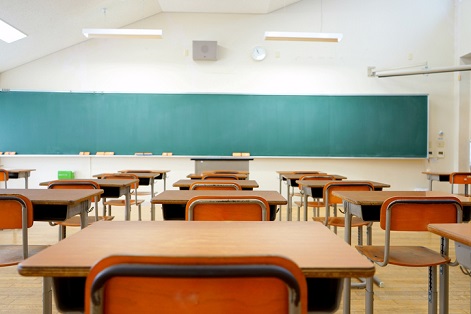
by Edward Cranswick
A recent article in The Economist has elucidated the momentous change in perspective that is currently seizing the educational establishment in Singapore. As the magazine notes: “Singapore’s schools have long held a reputation for didactic teaching, rote learning and academic brilliance.”
Singaporean students routinely lead the tables in the OECD’s Programme for International Student Assessment (PISA), which subjects 15-year old students to standardised tests every three years, and ranks countries’ performances accordingly.
As The Economist reports, the paramount focus in the traditional Singaporean educational apparatus has been inculcation of rote learning, didactic teaching, and a related elevation of objectively measured “academic brilliance” as being the primary value and the goal towards which all students must ceaselessly aspire.
However, it seems that this conception is increasingly regarded as insufficient to the dynamic economic and cultural conditions that structure modern Singapore.
To that end, Singapore’s Ministry of Education (MOE) (Press Release: ‘Learn For Life’ – Preparing Our Students to Excel Beyond Exam Results’) is instituting bold reforms that seek to extend the purview of education to encompass not only the rigours of traditional education, but to a more-encompassing pedagogical approach which stresses the need to “learn for life”.
The problem – it seems – is that students under the old educational regime might come out with a very impressive amount of knowledge (often passively received and remembered by rigorous rote learning) but that they lack the fundamental tools to assess and solve problems on their own terms absent the guidance of teacher or textbook.
By moving to a system that emphasises lateral and self-directed thinking, students will ideally come out better equipped to navigate the quickly shifting terrain of a dynamic modern economy.
The MOE seeks to develop a more positive emotional relationship between students and their academic researches, and to foster genuine engagement and an intellectually vested interest in the subjects they undertake, rather than being subjected to an emotionally onerous regime that sees students constantly measured up against their fellow learners in a way contrary to the spirit of genuine exchange of ideas and mutually satisfactory collaborative learning.
Some of the concrete proposals proposed to carry out this mission include a significant downgrade in the numbers of competitive assessments, and a shift in the weighting of the grading system to more accurately discern the performance in one field when measuring it against achievement in another field.
The Holistic Development Profile (HDP) (or ‘report book’) has undergone a significant readjustment that aims to downgrade the emphasis put on a student’s academic class position relative to their peers. By discouraging “excessive peer comparisons”, the aim of this reform is to bolster student confidence by focusing their attentions on the improvements they have made relative to where they were before – rather than placing students in a position whereby they compare themselves, fruitlessly, to those much more advanced than they are in a particular discipline.
One of the most important undertakings – one which will doubtless take quite some time to achieve – is to shift the general mindset in Singapore when it comes to education. That is to say – to overcome a common misconception that perfection is everything.
The Economist article provided an anecdote drawn from the experience of Woodgrove Primary School, which has turned its library into a ‘MakerSpace’. After the regular school classes are finished for the day, pupils take part in educational sessions on topics such as 3D design, stop-motion film-making, and coding for robots. The instructors provide a basic explanation as to how things work, and then it’s up to the students to think, practice, tinker, and create with their own self-direction – to see what works, what didn’t, to learn from their mistakes and try again.
In a culture that has hitherto often regarded failure as something deserving of shame, the message has been changed to “it’s OK to fail”. The important thing is that you get up, dust yourself off, and try again. No great intellectual breakthrough was accomplished on the first attempt.
Openness, collaboration, multi-dimensional thinking – that’s the future.
Singapore’s radical transformation of their educational system may provide for the kinds of collaborative information-exchange and ‘outside-the-box’ thinking that are preconditions to continuing prosperity in our swiftly advancing technological century.
Educators worldwide should take note, or they might find themselves left behind.


